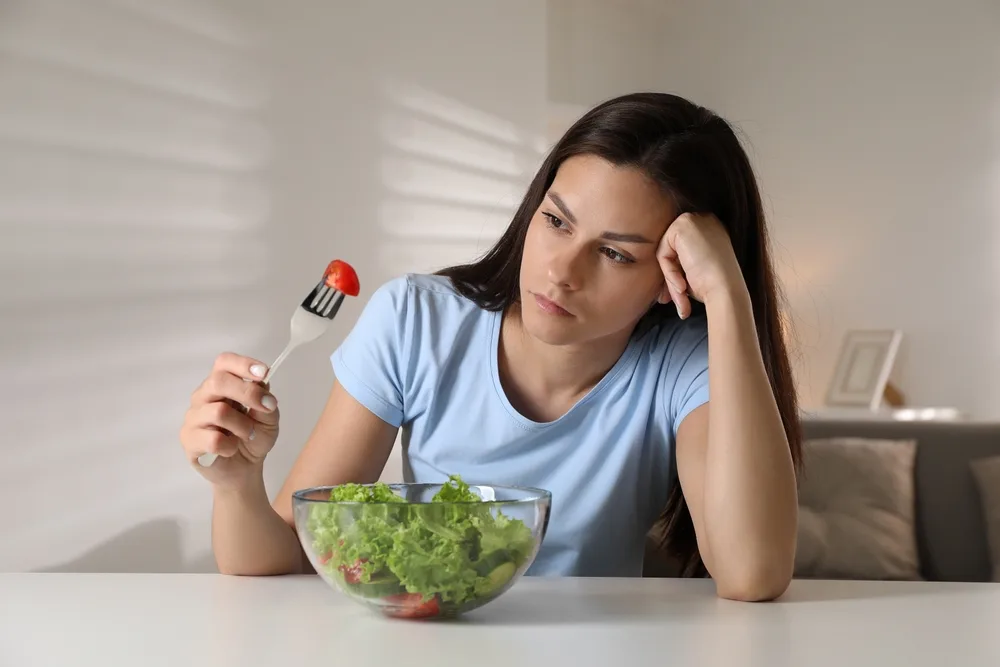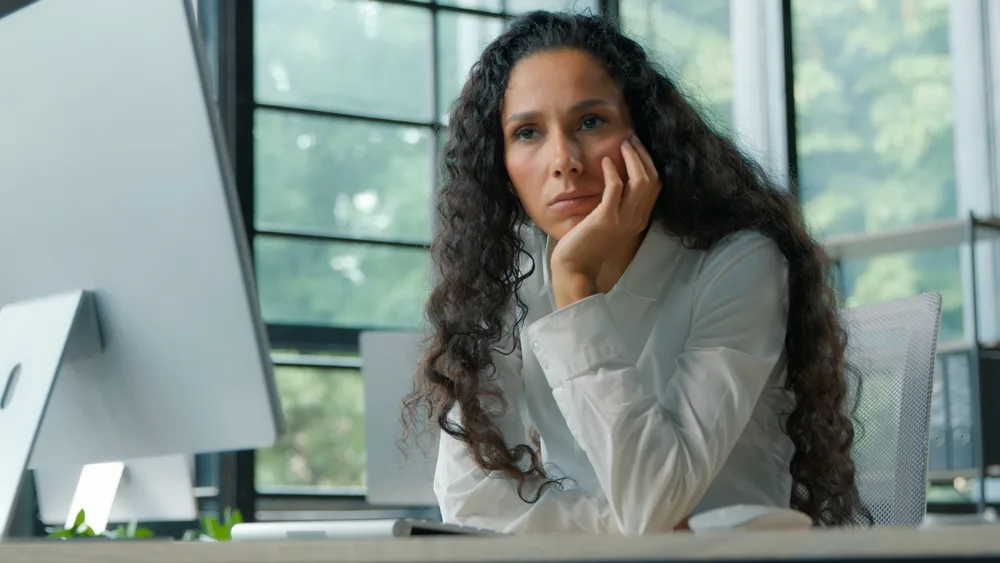
We all know that different age groups have different nutrition requirements. For example, children need more calcium than adults because their bones are still developing. A lot of us are familiar with the nutrition requirements of children, but we often forget about our own health. As we grow older, we often forget about eating healthy and thus, our diet is not as balanced.
If you want to live a long and healthy life, then there are things you need to eat more of and other things you need to eat less as you grow older. We have created a quick guide to help you plan your healthy diet.
What to Increase in Your Diet as You Age
Protein
You will lose muscle mass and strength as you are getting older, and thus, you can become weaker compared to your prime age. Therefore, having enough protein to keep your muscles healthy will keep you from becoming too frail when you grow old. Eating healthily while you are getting older means you have to increase your protein intake.
Fiber
Aging comes with different bodily problems. People over 65 years of age have a lot of problems with their digestive system. This is why having a dietary fiber can help people who are dealing with constipation. Additionally, having enough fiber in your meals may prevent diseases such as diverticular disease, a condition that affects the colon.
Calcium
Our calcium needs decrease during our young adult stage, since our bones have developed fully. But as we reach our senior age, we need calcium again to maintain the strength of our bones.
However, you need to balance calcium out with other nutrients. Calcium can also promote plaque buildup in your vessels and might be a problem if you are at risk for cardiovascular diseases. You can consult your physician on how much calcium you should take daily.
Vitamin D
Another essential nutrient you need for stronger bones is vitamin D. As you grow older, your body will not absorb calcium the same way when you were younger. This is where vitamin D comes in. With the help of this nutrient, your body will absorb more nutrients no matter what age you are in.
Potassium
If your family has a history of high blood pressure, or you think you are at risk for high blood pressure, then increasing your potassium intake can help you lower the risks. It can also lower risks for other diseases such as kidney stones, heart diseases and osteoporosis for older people.
Omega-3 Fatty Acids
Heart diseases are one of the leading causes of death for older people. Having a proper supply of omega-3 fatty acids can lower heart-related diseases by lowering the risks of abnormal heart rhythm, triglyceride levels and reducing plaque growth that clogs blood vessels.
You can get Omega-3’s from fish and other seafood, nuts and seeds or plant oils.
Iron
Iron helps your body receive the proper supply of oxygen. Iron deficiency and anemia are two conditions that you need to watch out for as you grow older. If you are experiencing symptoms like dizziness, irritability and slow mental function, you need to consult your physician if your diet lacks iron.
Vitamin B12
Another nutrient that you need is the vitamin B12, which helps in creating red blood cells and also maintains healthy brain function. Due to reduced stomach function, older people frequently have a deficiency in vitamin B12. If you are also a vegetarian, you are less likely to receive enough vitamin B12 to maintain your healthy body. Because of this, it is highly recommended that you take supplements rich in vitamin B12.
Water
Water is essential to our bodies. Aside from removing the toxins that can lead to diseases, it is vital to our bodily functions. Water helps you to:
- Improve skin elasticity and avoid wrinkles
- Lose weight.
- Lubricate your joints.
- Cushion the brain and spinal cord.
- Regulate body temperature.
- Maintain a healthy blood pressure.
As you grow older, your body will also need more water. You might notice that you are becoming easily dehydrated compared to your youthful days. By making sure that you are adequately hydrated, the other nutrients that you take in will work properly to keep you fit and healthy.
What to Decrease in Your Diet as You Age
Calories
Due to your slower metabolism, as you grow older, you are more prone to weight gain. A high level of calories in your food will turn into body fat, and therefore, as you grow older, it is generally a good idea to lower your calories. However, if you are living an active lifestyle and you exercise often, you can retain your level of calorie intake.
Sodium
Nobody can deny that a lot of people love sodium-rich foods, as they are generally tastier than food without sodium. But while it makes your food more flavorful, it can also increase your risk for diseases common in older people such as stroke, osteoporosis, kidney disease and heart failure. It would help to use the DASH diet – a diet designed to stop hypertension – to help lower your sodium intake.
Alcoholic Drinks
We all know that alcoholic drinks can damage the kidneys. While you may have had fun partying during your young adult life, as you grow older, you need to lessen your alcohol intake. If you have also been drinking since your young adult stage, you might be more at risk for liver damage, immune system disorders and brain damage. Continuous alcohol intake can also worsen some of the health conditions you have, such as osteoporosis, diabetes and ulcer.
Important Note
Before you create a solid plan for your dieting, it is always advisable to visit your doctor first. As an example, calcium is generally good for people who are at risk for diseases related to bones, but it can also increase the risk of cardiovascular diseases.
You need to take into account your personal and family health history. A nutritionist or general physician can help you figure out what you need the most. Aside from that, they can also recommend certain vitamin pills that can help you get the necessary nutrients, especially if you have difficulty in having the perfect diet.
By Admin –



